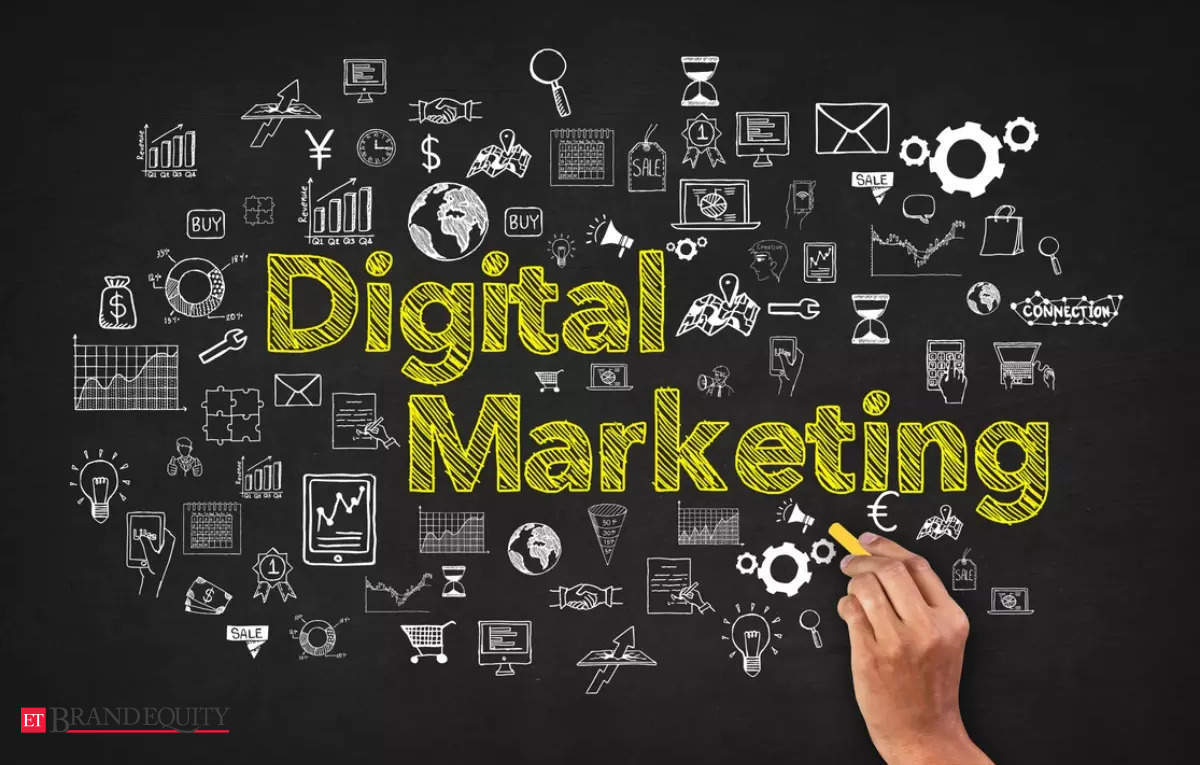Locating the Best Digital Marketing Agency in Delhi to Make Best Use Of ROI
Key Elements of an Effective Digital Marketing Strategy
A reliable electronic advertising plan pivots on several foundational components that collectively drive success. These consist of an exact understanding of target audiences, the establishment of clear goals, and a thorough material strategy. The relevance of leveraging information analytics and maximizing digital networks can not be overemphasized, as these elements are crucial for refining techniques and making best use of interaction.
Comprehending Target Market
Regularly recognizing target audiences is important for the success of any kind of electronic advertising plan. A distinct target audience allows marketing professionals to tailor their messaging, material, and networks efficiently, ensuring that promotional initiatives reverberate with the desired demographic. By identifying crucial characteristics such as age, sex, passions, and purchasing behaviors, companies can produce more individualized experiences that cultivate engagement and commitment.
Utilizing various study methods, including surveys, emphasis groups, and information analytics, can provide vital understandings into consumer preferences and patterns. This details not only informs the advancement of relevant advertising techniques yet additionally aids in anticipating changes in customer needs. In addition, segmenting audiences into distinct teams enables for targeted campaigns that accommodate specific demands, enhancing the total effectiveness of advertising and marketing initiatives.
It is vital to continue to be adaptable, as target market choices and habits can evolve over time. Consistently reviewing and refining audience profiles guarantees that advertising and marketing efforts stay straightened with present market dynamics. Finally, understanding target market is not simply a preliminary step; it is a continuous procedure that substantially influences the total success of digital advertising undertakings.
Establishing Clear Objectives
Clearness in objectives is fundamental to the success of a digital marketing plan. Developing clear, measurable, and possible objectives supplies a roadmap for all marketing efforts, making sure that every tactic lines up with more comprehensive business objectives. Purposes must be specific, suggesting specifically what is to be accomplished, whether it's boosting brand understanding, increasing internet site web traffic, or boosting client interaction.
To properly set objectives, the SMART requirements-- Certain, Quantifiable, Possible, Relevant, and Time-bound-- should be made use of. Specific goals eliminate uncertainty; quantifiable objectives enable tracking progression; achievable targets ensure realistic look; pertinent objectives straighten with overall organization strategy; and time-bound deadlines develop seriousness.
Developing Material Approach
A well-defined material technique is crucial for driving interaction and accomplishing the goals embeded in a digital marketing plan. This websites strategy works as the foundation for all content-related activities, ensuring that each piece lines up with the brand's goals and reverberates with the target market.
To establish an efficient content method, begin by recognizing your audience's requirements and preferences. Conduct detailed research study to understand their discomfort points, passions, and the systems they constant. best digital marketing agency in delhi. This details will lead the creation of pertinent and useful web content

Furthermore, determine the sorts of web content that will certainly best engage your target market, such as post, video clips, infographics, or podcasts. A diverse content mix can accommodate various preferences and improve individual experience.
Leveraging Data Analytics
In today's data-driven landscape, leveraging information analytics is vital for refining electronic advertising strategies and boosting overall efficiency. By taking advantage of the power of data, businesses can gain important insights right into customer habits, choices, and trends, allowing them to make enlightened choices that drive interaction and conversion.
Information analytics enables marketers to track key performance signs (KPIs) across different projects and networks, offering a clear image of what strategies are functioning and which require change. Metrics such as site web traffic, click-through rates, and conversion prices can disclose useful patterns, aiding to recognize target market much more properly.
Furthermore, predictive analytics can forecast future customer habits, enabling companies to anticipate market changes and adjust their methods proactively. By segmenting target markets based upon information understandings, marketing professionals can produce customized web content and targeted projects that reverberate with certain consumer groups, hence increasing engagement and loyalty.
Executing robust information analytics devices and approaches is necessary for continuous renovation in electronic marketing efforts. Ultimately, leveraging information analytics not just boosts decision-making yet also fosters a culture of accountability, making it possible for companies to gauge success and enhance their advertising and marketing investments successfully.
Optimizing Digital Networks
Effective optimization of digital channels is essential for taking full advantage of reach and involvement in today's competitive industry. This entails a strategic approach to enhance the efficiency of various systems, consisting of social media, email marketing, and internet search engine.
To start with, understanding the target audience is important. Tailoring web content to meet the preferences and actions straight from the source of customers can substantially improve involvement rates. Using A/B screening on various networks allows marketing professionals to recognize which messages reverberate best, helping with data-driven choices.

Additionally, pay-per-click (PPC) marketing provides prompt outcomes when handled properly. Regularly assessing project performance enables marketing professionals to designate budgets efficiently and refine targeting methods.
Final Thought
In final thought, an efficient digital marketing plan is developed upon a thorough understanding of target audiences, plainly defined objectives, and a strong content approach. Collectively, these components add to a cohesive method that boosts brand visibility and fosters meaningful customer interactions, inevitably driving business useful source success in the digital landscape.